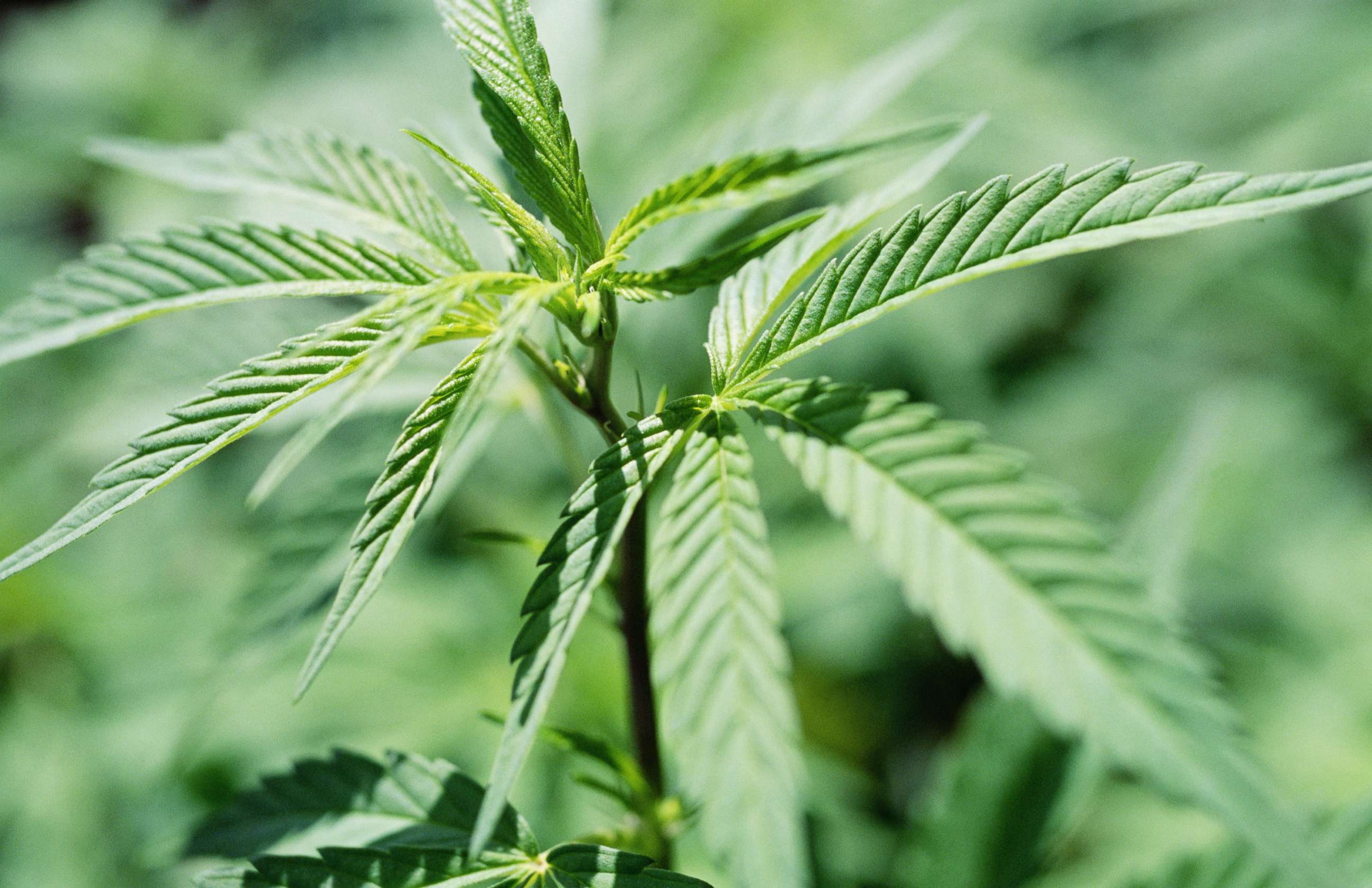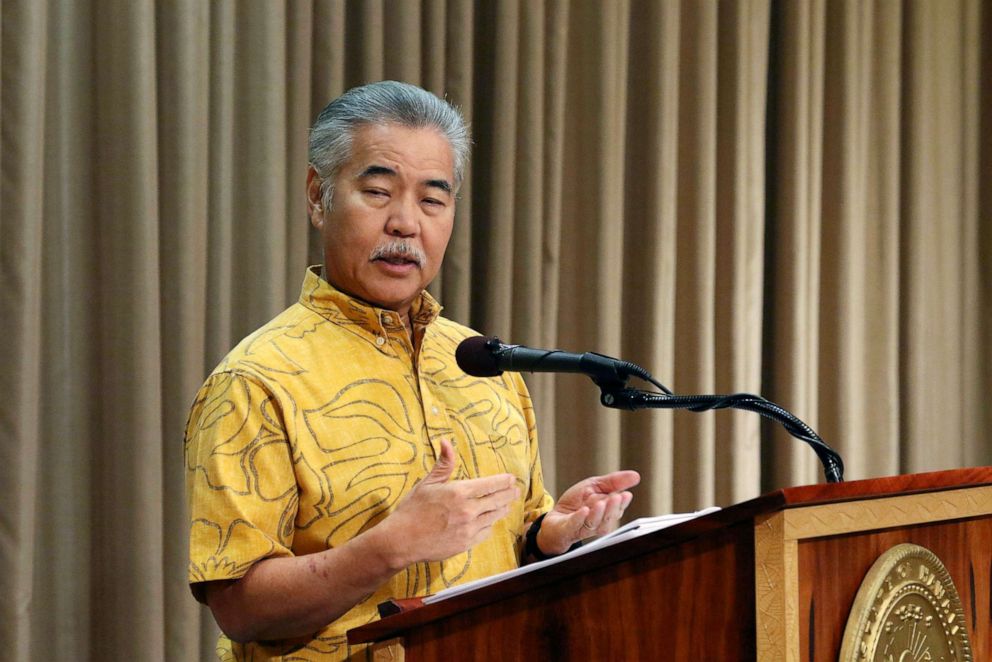Hawaii becomes 26th state to decriminalize marijuana
Hawaii Gov. David Ige declined to veto the bill, allowing it to become law.
Hawaii has become the 26th state in the nation to decriminalize possession of small amounts of marijuana -- but its governor cautioned it does not mean the state is ready to say aloha to legalizing recreational use of cannabis.
While Hawaii Gov. David Ige declined to sign the decriminalization legislation, the change in law will take effect in January because he took no action by Tuesday's veto deadline.
Under the new law, people caught with small amounts of marijuana will no longer face a misdemeanor charge that had been punishable by up to 30 days in jail and a $1,000 fine. Now people caught with 3 ounces or less of weed can still be hit with a citation carrying a $130 fine, but no jail term.
Ige did not put the bill on his notice of legislation he was considering for veto, but said during a news conference last month that there are things about the bill "I don't like."

"That was a very tough call. I did go back and forth on decriminalization," he said.
The governor said one thing he disliked about the bill is that it does not include a provision to help young people who want to get into substance abuse programs.
He also said the new law does not mean Hawaii, which was the first state to legalize medical marijuana in 2000, is on the verge of joining the bandwagon of states that have legalized recreational cannabis.
"We continue to learn from other states about the problems they see with recreational marijuana, and most of the governors that I talk to that have recreational laws have acknowledged significant problems with those measures," Ige said last month.

Eleven states and Washington D.C. have legalized recreational use of marijuana.
Illinois became the latest state to legalize the recreational use of weed last month when Gov. J.B. Pritzker signed into law the first bill to legalize weed that was passed by a state legislature. Ten previous states approved the recreational use of cannabis through ballot initiatives.
The Illinois law also allows residents of the state convicted of possessing small amounts of marijuana to petition to have their records expunged if the offense was not associated with a violent crime.
Ige, a Democrat, noted that there were several bills voted down by the legislature this session to legalize recreational marijuana in the state.
"Hawaii can benefit from not being at the head of the table, that we would be smart to engage and recognize what's happening in other states, acknowledge the challenges and problems that it has raised and allow us to look at how we would implement it here in a much better controlled fashion," Ige said last month.
While Ige took a hands-off approach to decriminalizing pot, he vetoed two other marijuana bills passed by the legislature.
He struck down legislation that would have made it legal for people to transport medical cannabis from island to island, and another bill that would have created an industrial hemp licensing program.



